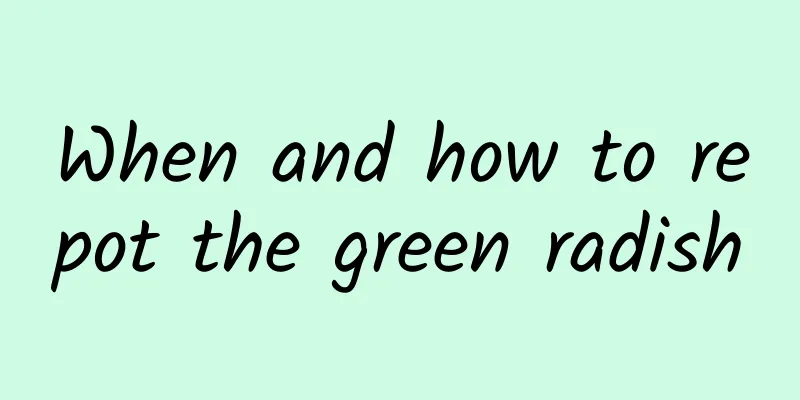What are the cultivation methods and precautions for rose potted plants?

Rose IntroductionRoses belong to the Rosaceae family. The methods of reproduction include cuttings, grafting, and division. Common cultivated varieties include Corolla roses, Diana roses, champagne roses, and cold beauty roses. Rose cultivation methodRoses prefer a sunny environment and are not cold-resistant. They are suitable for planting in well-drained, loose and fertile loam or light loam. They need more than 8 hours of sunshine during the growing season and are not very strict about air humidity. They will develop rust and powdery mildew in low temperature and humidity, which requires timely prevention and treatment. soilRoses like loose soil and are best planted in sandy soil with good drainage. If planted in airtight clay, the roots will have difficulty absorbing nutrients and water, which can easily lead to poor growth and difficulty in flowering. illuminationRose is a light-loving plant, so it is important to ensure sufficient light during the growth period. It is best to provide more than 4 hours of direct sunlight a day. If the maintenance environment is not well ventilated and there is insufficient light, it will cause problems such as yellowing leaves. When the temperature is low in winter, it needs to be moved to a window location indoors for maintenance. WateringWatering should be carried out according to soil conditions, climatic conditions and the growth status of branches and leaves. During the maintenance of roses, if the soil is too dry, it will cause the main leaves of the plant to fall off. When the surface is dry, water should be applied in time to keep the soil moist. FertilizationThe fertilizer for roses can be compound fertilizer rich in nitrogen, phosphorus and potassium, which is generally sold on the market. Do not use too much topdressing, apply thin fertilizer frequently, and do not use concentrated fertilizer. pruneWhen winter just begins, roses need to be pruned to prevent some useless branches from being wasted. In spring, some old branches should be cut off first to make room for the growth of new branches. After new buds grow, the new buds on the main branches should be cut off. Rose cultivation precautionsAfter the roses fade, the withered flowers need to be pruned. In addition, you can also take this opportunity to cut off the branches that have grown too long. Common diseases and pests of roses during their growing period are red spider mites, black spot disease, and branch dieback. You can do a good job of disinfection during greenhouse cultivation. In high temperature conditions, pay attention to ventilation and spray Bordeaux mixture or thiophanate-methyl solution in time. |
<<: What are the cultivation methods and precautions of Four Seasons Orchid?
>>: Should I use a large or small pot for growing aloe vera?
Recommend
Are fragrant flowers poisonous? Can they be grown at home?
1. Is it toxic? Touching the fragrant flowers is ...
Is Photinia suitable for deep or shallow pots?
Use a deep or shallow pot for Chinese photinia It...
What is the correct way to soak passion fruit in water? How many is best to eat a day?
1. Correct method 1. Preparation: If you want to ...
What to do if the iron ball is watered too much
1. Solution 1. When you find that you have watere...
Is the copper coin grass the money grass? What is the difference between the copper coin grass and the money grass?
1. Is it money grass? Pennywort is not Money Plan...
Yacon Growth Environment Conditions and Characteristics
Yacon Growth Environment Conditions and Requireme...
When are peanuts harvested? Maturity time and harvest season
Peanuts are harvest time The harvest time of pean...
When and in what season are tomatoes planted?
Tomatoes generally prefer a warm environment, wit...
What flowers to send to express first love
1. Lilac The flower language of lilac is first lo...
What to do if the potted green radish is too dense? How to prune and divide the pots
1. What to do if it is too dense Pothos is very e...
The efficacy and function of hibiscus flowers
Effects of Hibiscus Ornamental effect Hibiscus bl...
Taboos of cultivating Amaryllis in winter
Characteristics of plants Let’s get to know it be...
How long does it take for Lithops to shed its leaves?
1. Sowing steps 1. Sowing: Vermiculite can be the...
Reasons why Christmas cactus does not bloom
1. Too much light Reason: Christmas cactus is a s...
How to care for osmanthus and precautions
Osmanthus growth conditions Osmanthus loves sunli...









